Chromosome assembly of large and complex genomes using multiple references
Data and Resources
-
Open Access PDFPDF
Genome Research
Additional Info
| Field | Value |
|---|---|
| Source | |
| Version | |
| Authors |
|
| Maintainer | |
| Maintainer Email | |
| Article Host Type | repository |
| Article Is Open Access | true |
| Article License Type | |
| Article Version Type | publishedVersion |
| Citation Report | https://scite.ai/reports/10.1101/gr.236273.118 |
| DOI | 10.1101/gr.236273.118 |
| Date Last Updated | 2019-08-01T10:27:48.898799 |
| Evidence | oa repository (via pmcid lookup) |
| Funder code(s) | Wellcome Trust (WT098051, WT202878/B/16/Z, WT108749/Z/15/Z); National Human Genome Research Institute (U41HG007234); European Molecular Biology Laboratory (); National Institutes of Health (1U01HL137183, 5U41HG007234, 3U54HG007990); W. M. Keck Foundation (DT06172015); European Community's Seventh Framework Programme (244356, FP7/2010-2014); European Union's Seventh Framework Programme (HEALTH-F4-2010-241504, FP7/2007–2013) |
| Journal Is Open Access | false |
| Open Access Status | green |
| PDF URL | https://www.ncbi.nlm.nih.gov/pmc/articles/PMC6211643/pdf/1720.pdf |
| Publisher URL | https://www.ncbi.nlm.nih.gov/pmc/articles/PMC6211643 |
